About the PBRG
A History of Raptor Conservation
The PBRG led the Peregrine Falcon reintroduction effort on the west coast of North America, and helped to bolster populations of several other threatened species of predatory birds.
People of PBRG
The PBRG is a small but mighty non-profit organization that relies on enthusiastic leadership, dedicated citizen scientists, and student researchers.
Current Research
The PBRG monitors the breeding population of wild Peregrine Falcons in the San Francisco Bay region and other raptor species of California.
Education and Outreach
A vital part of our mission is to inspire and prepare the conservation leaders of tomorrow through sharing our science with K-12 classrooms and the general public.
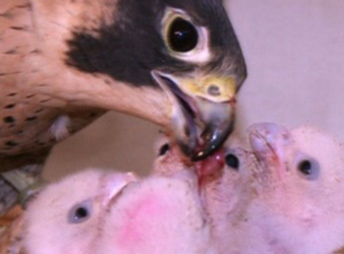
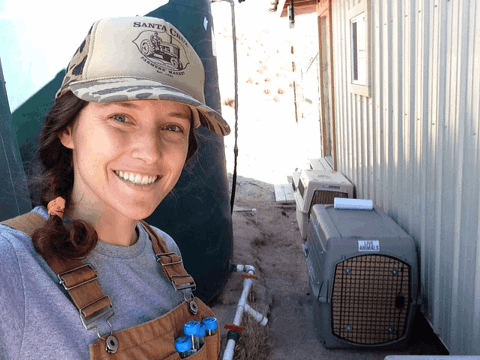
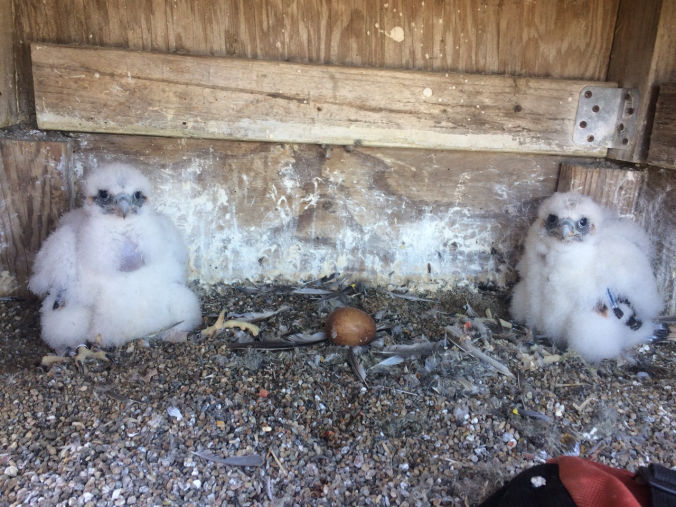
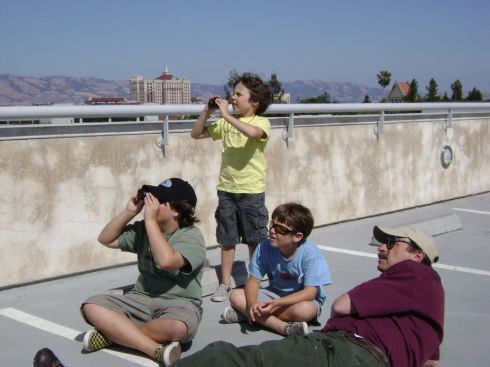
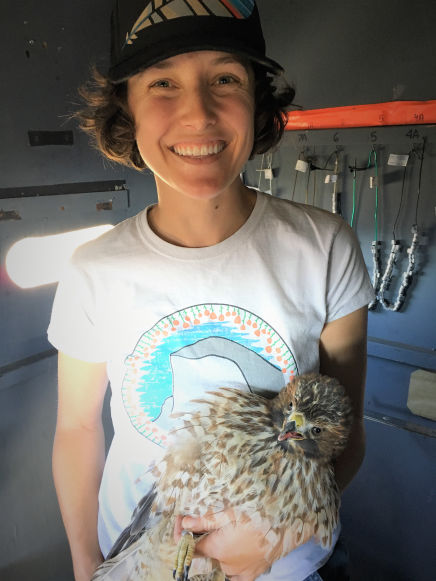
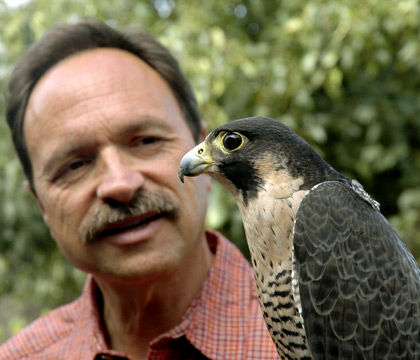
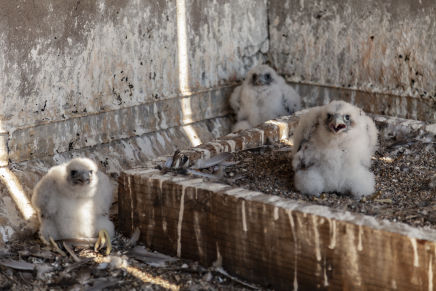
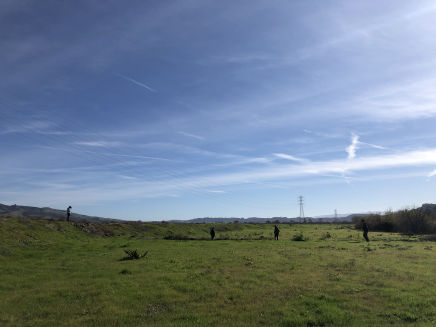
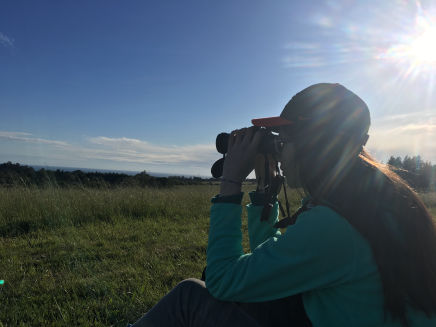
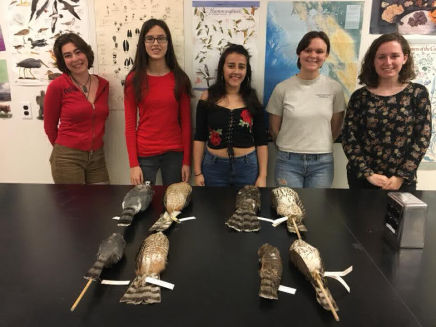

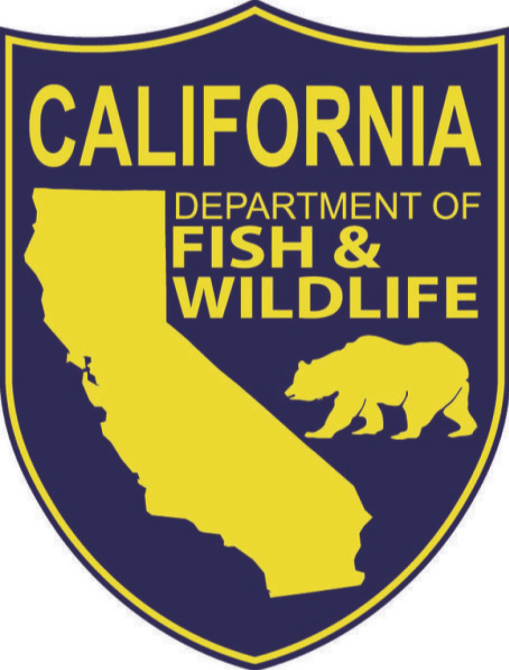

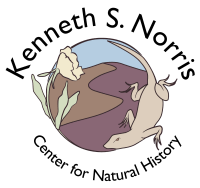





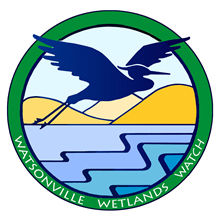

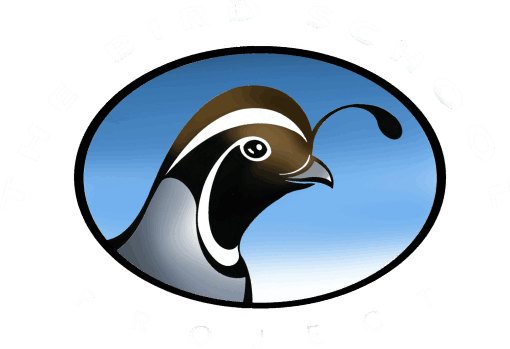

FOLLOW US!